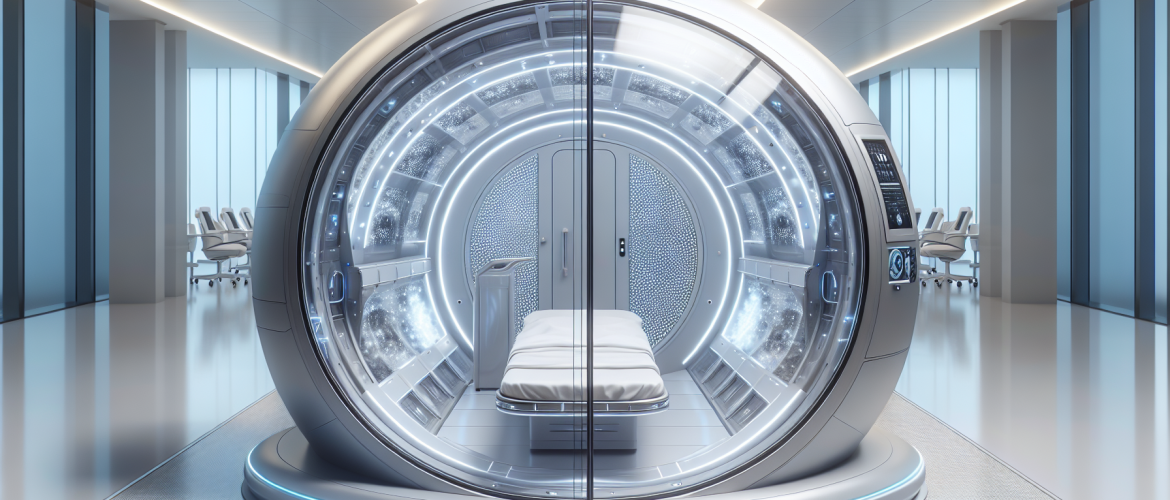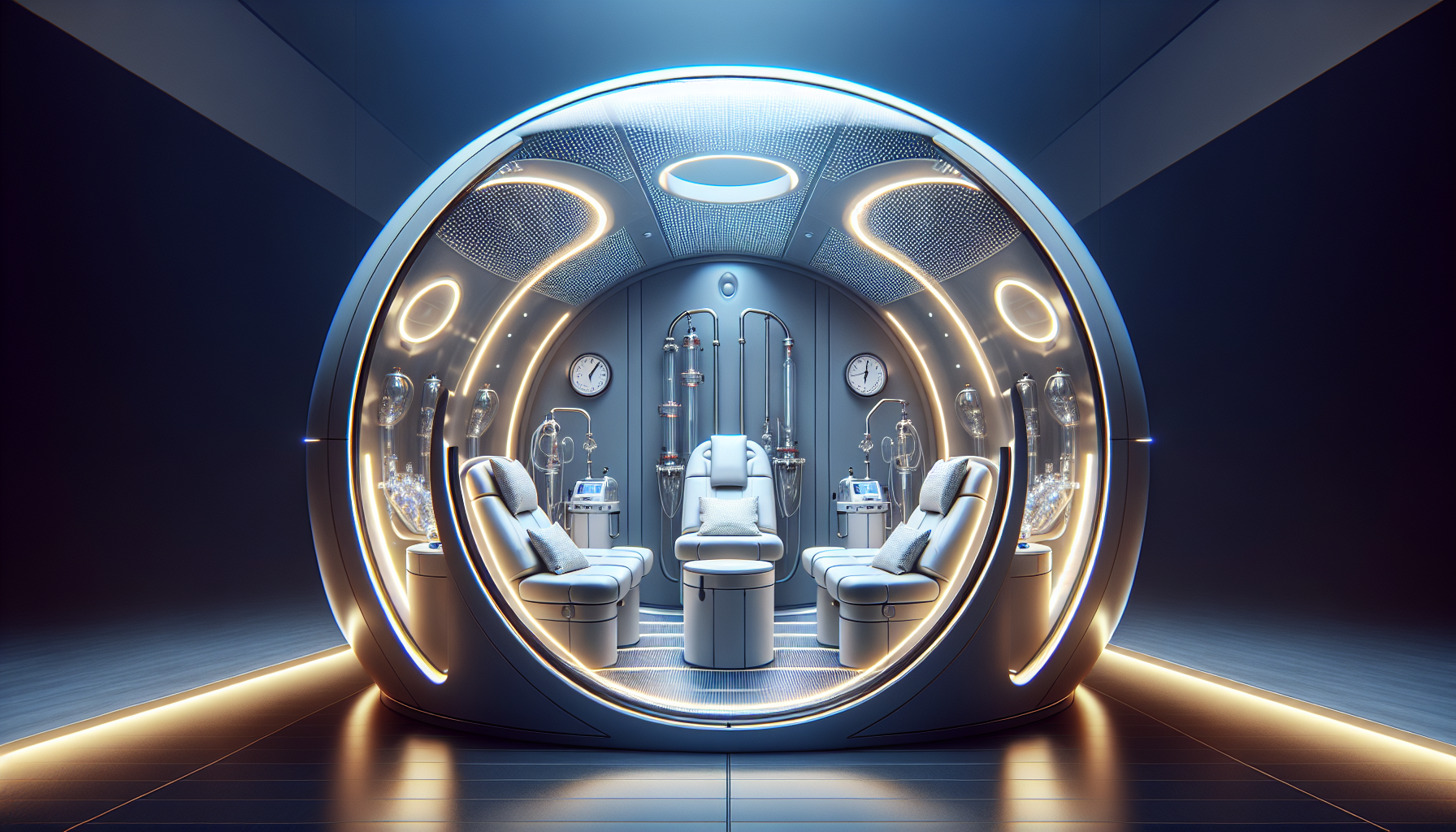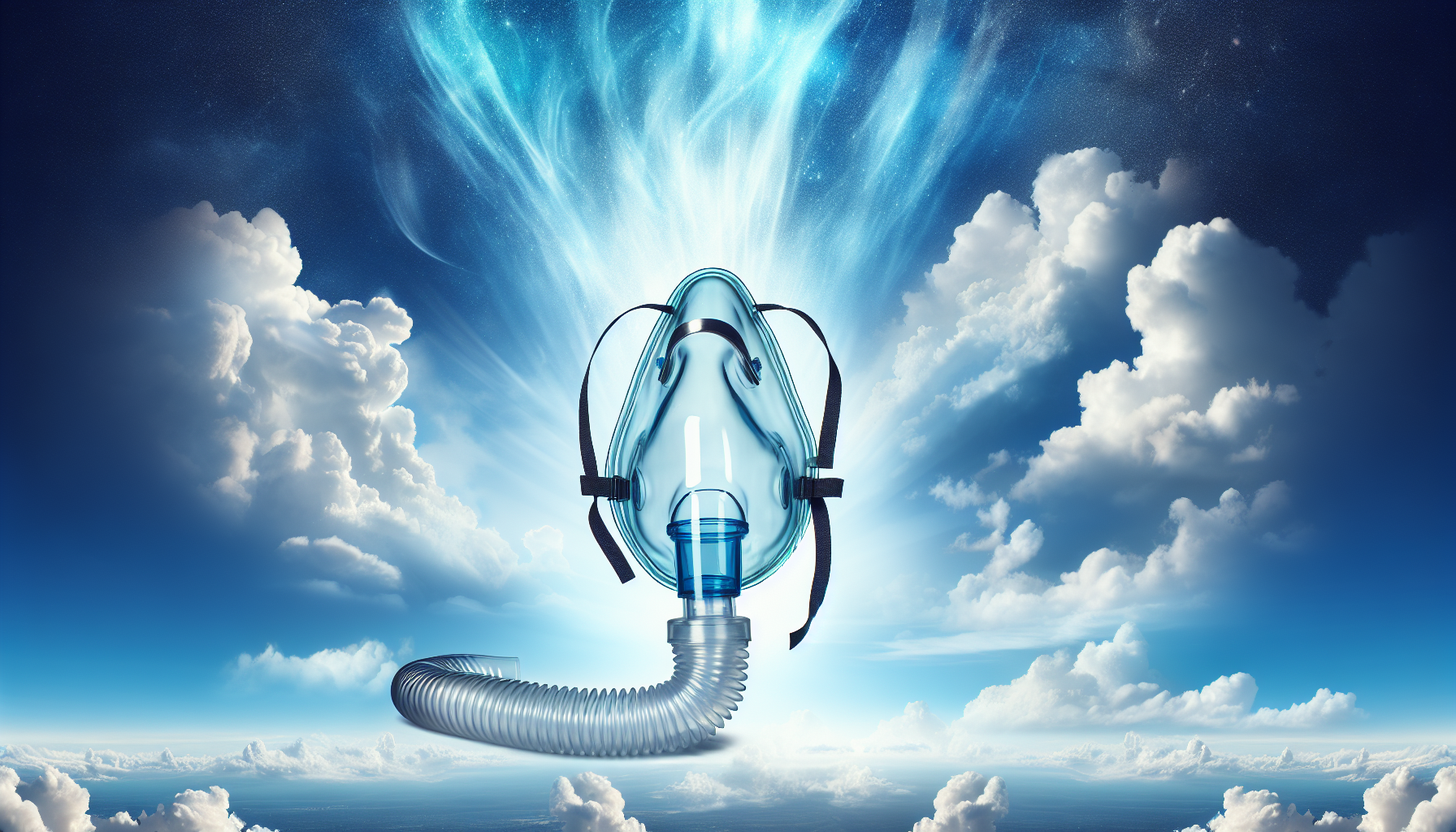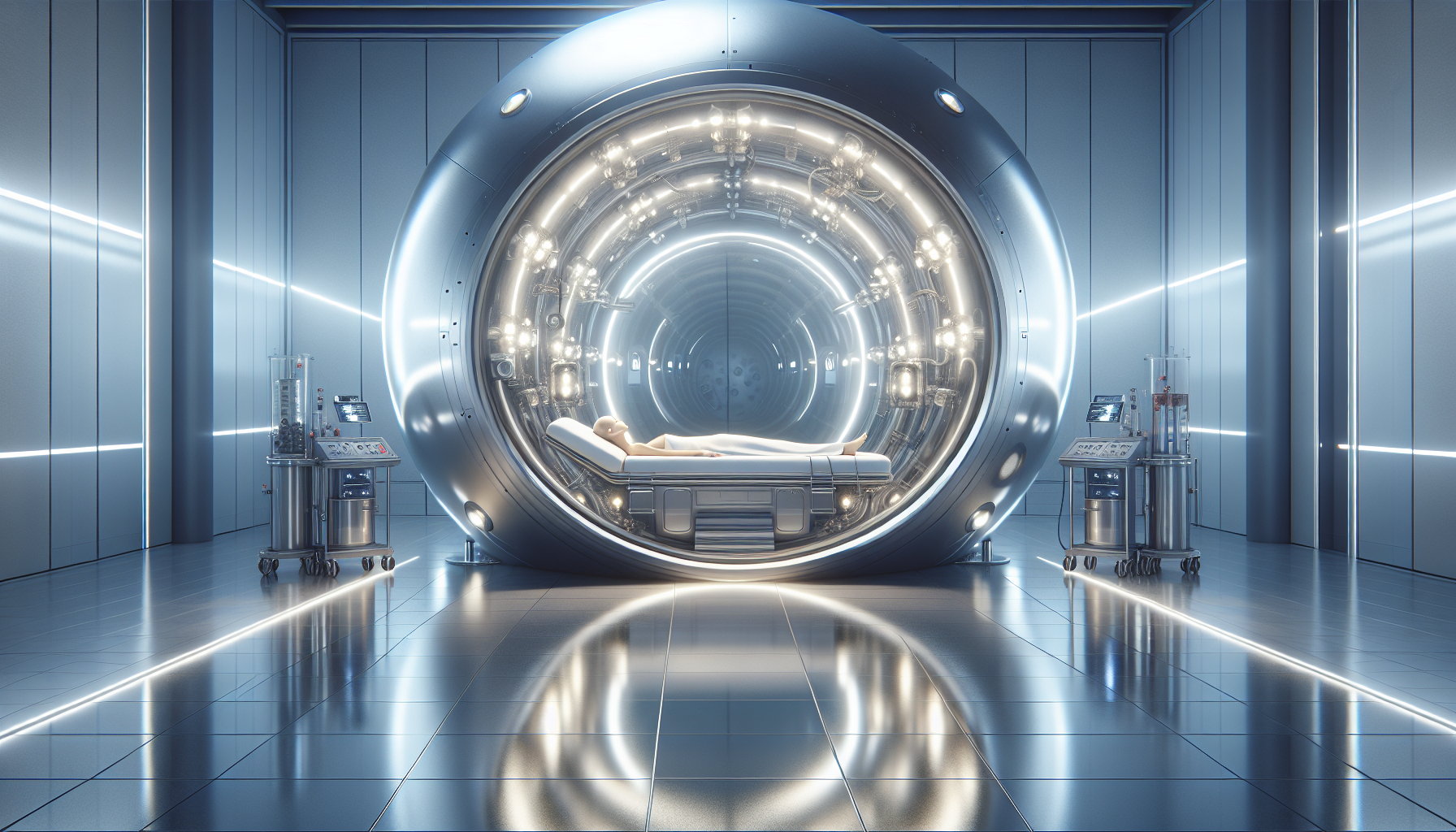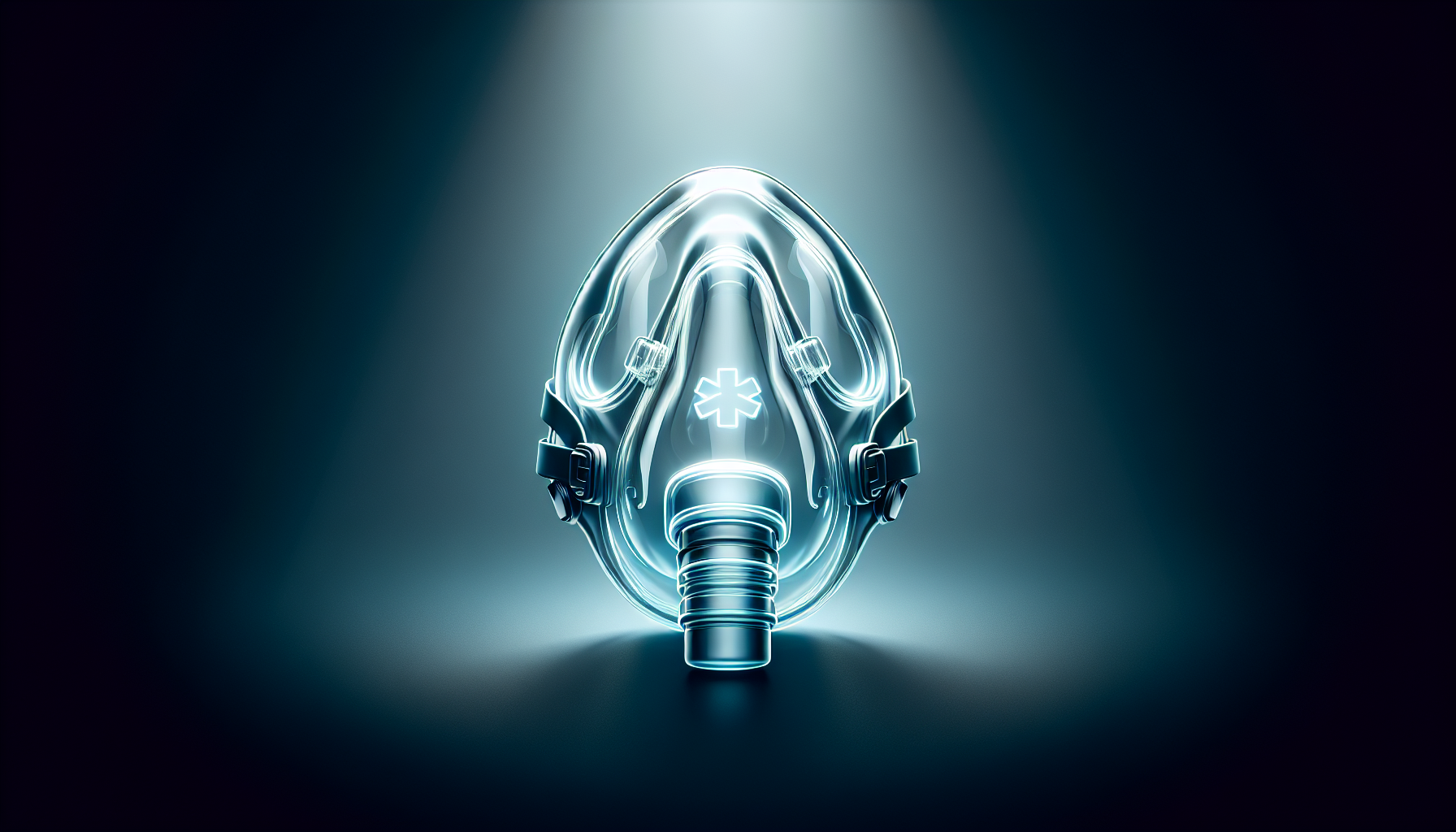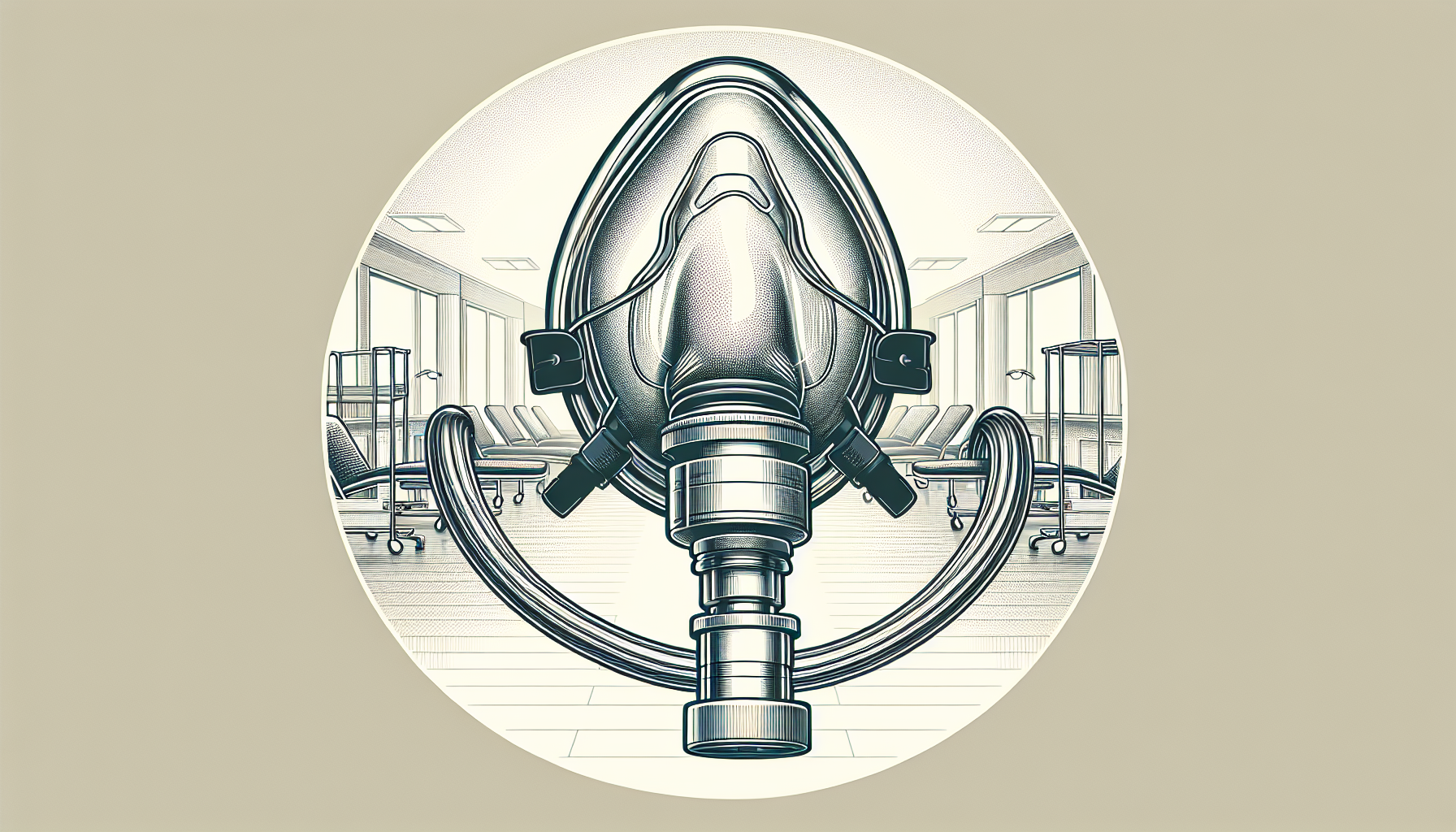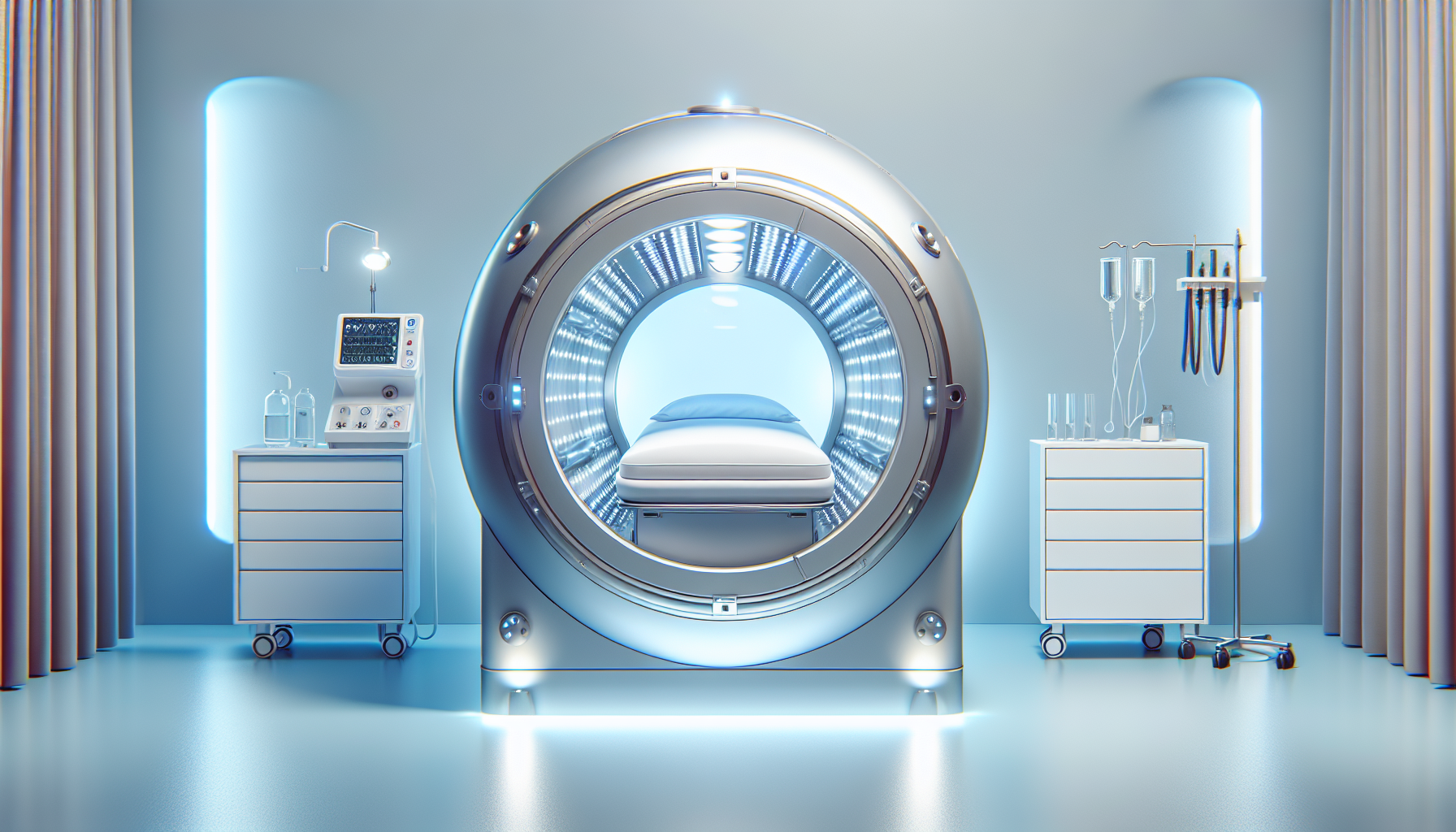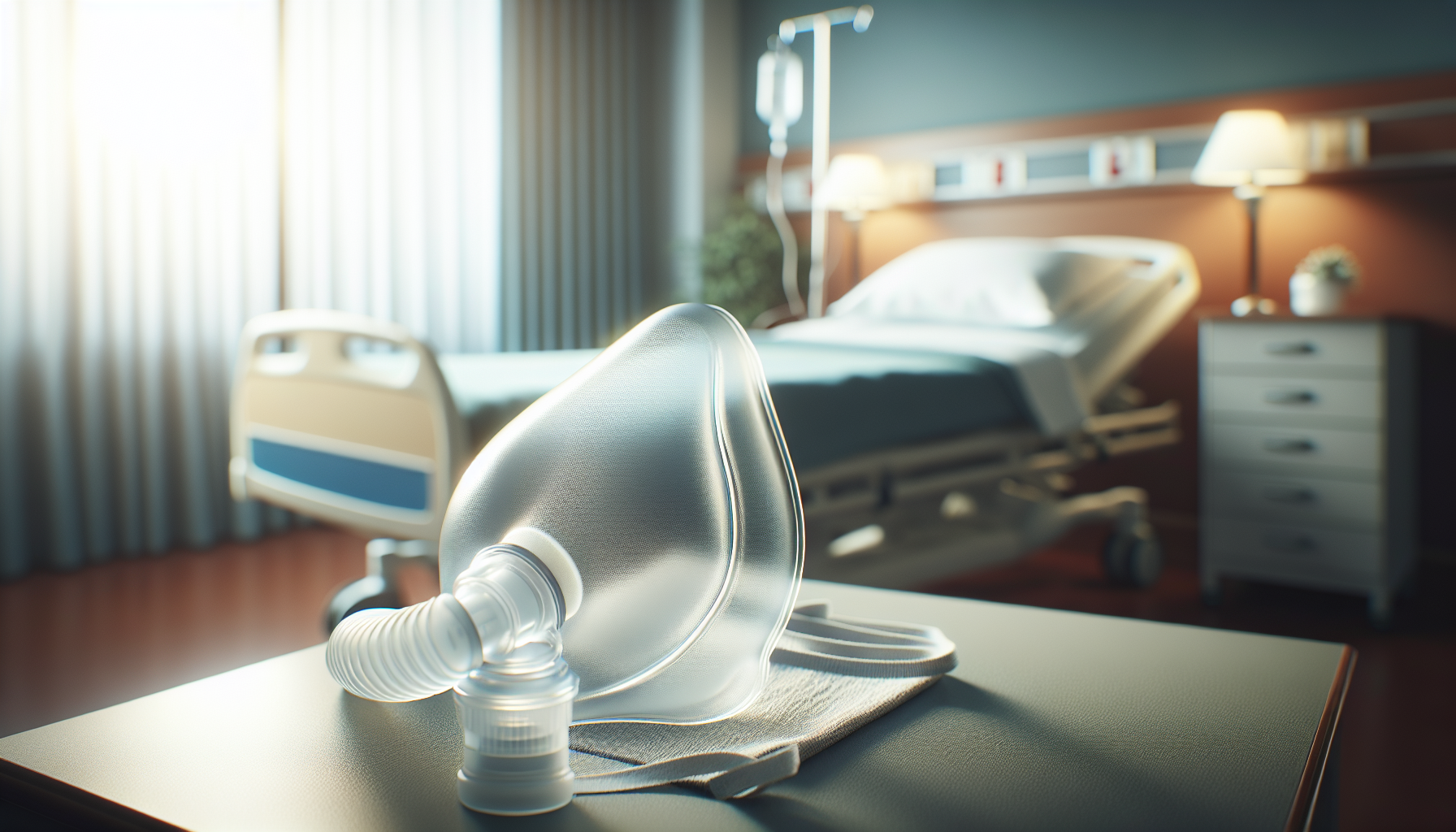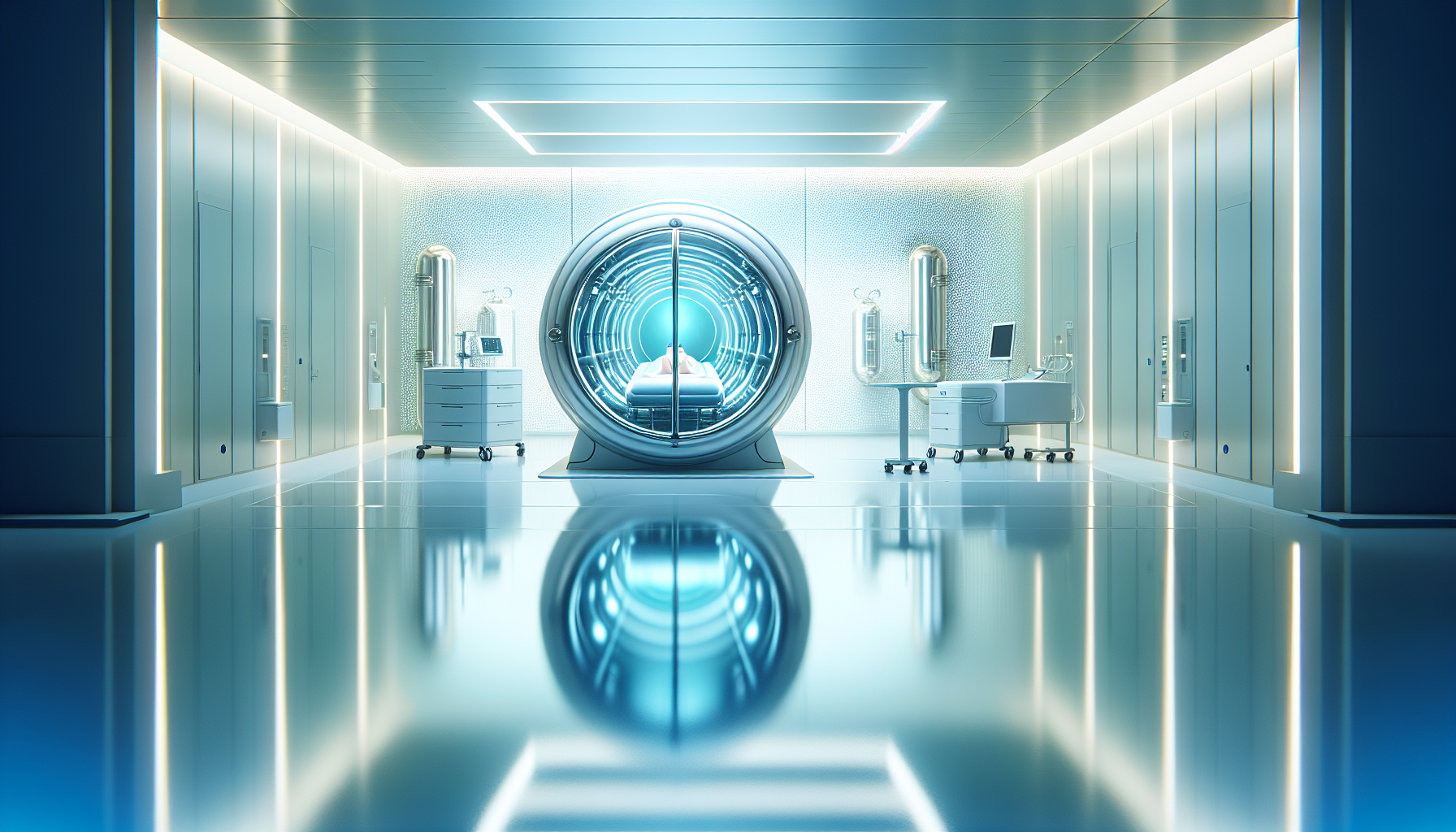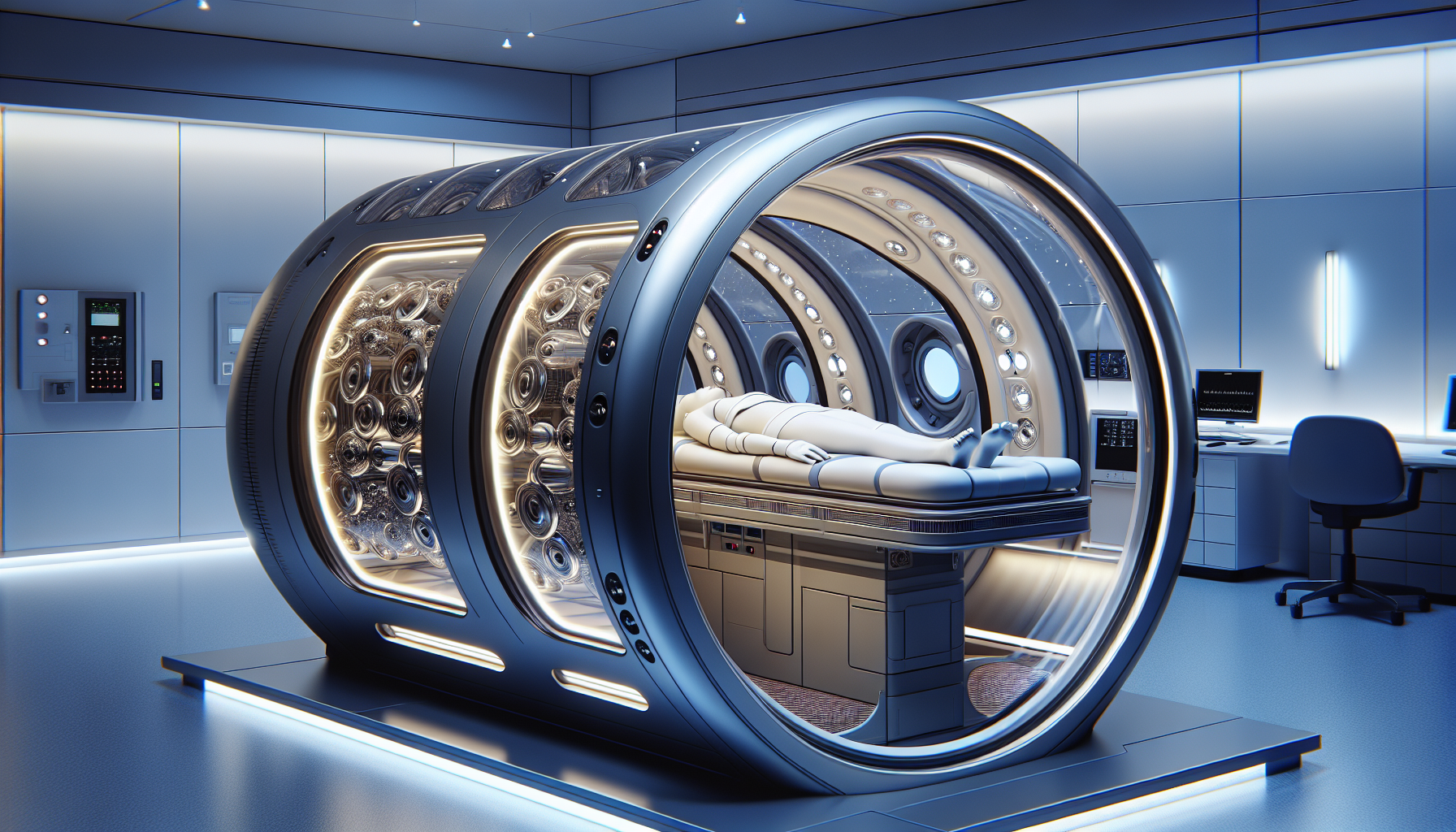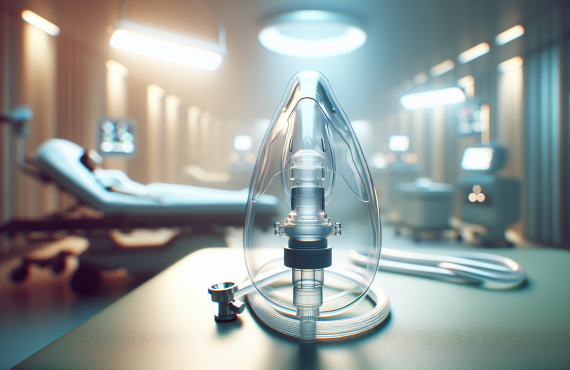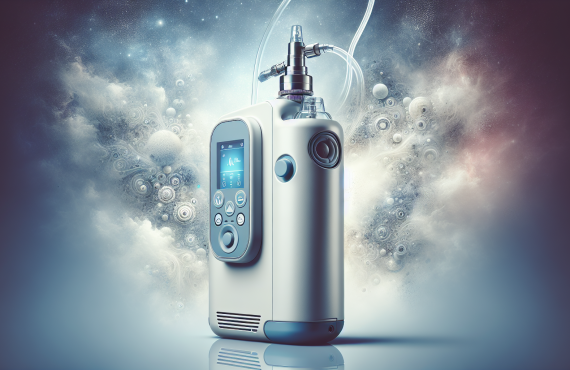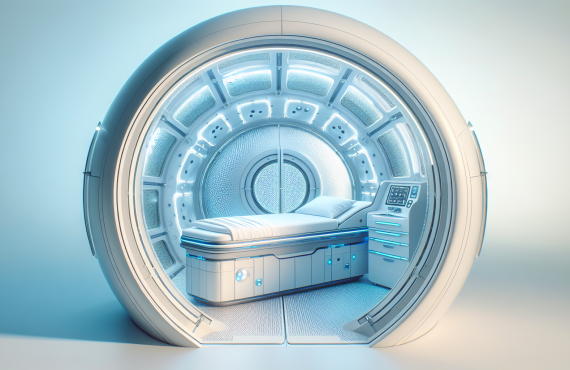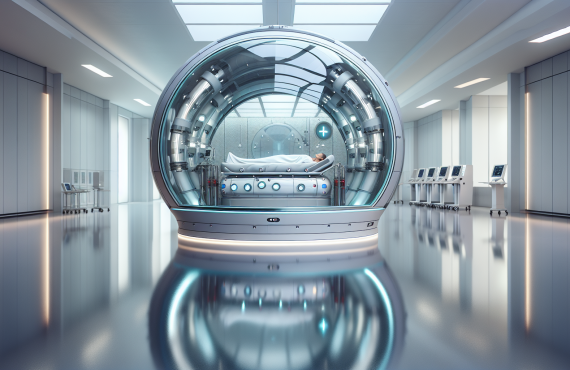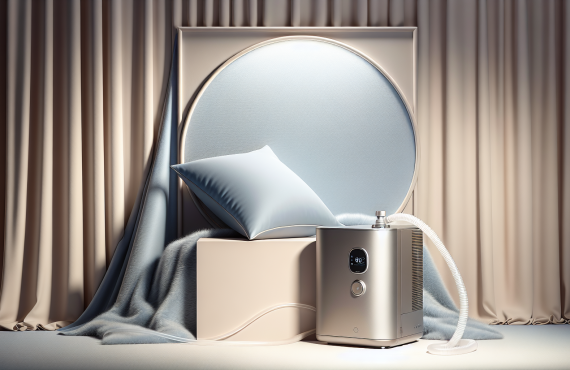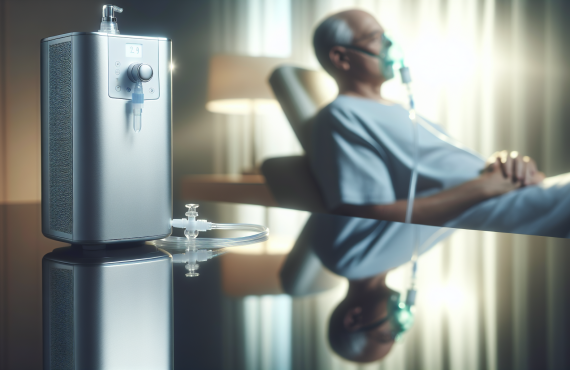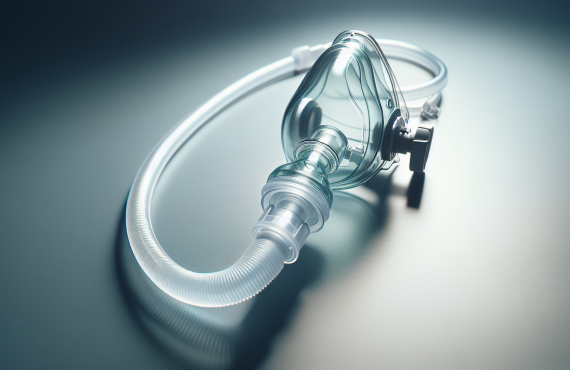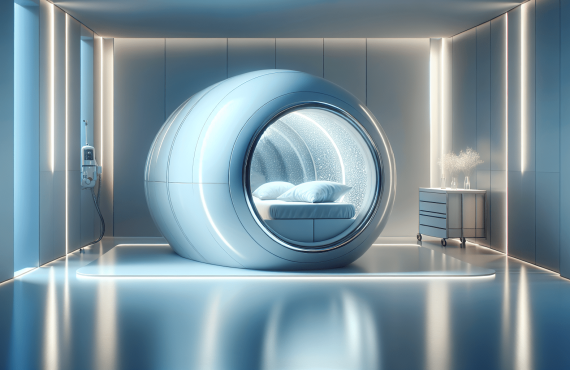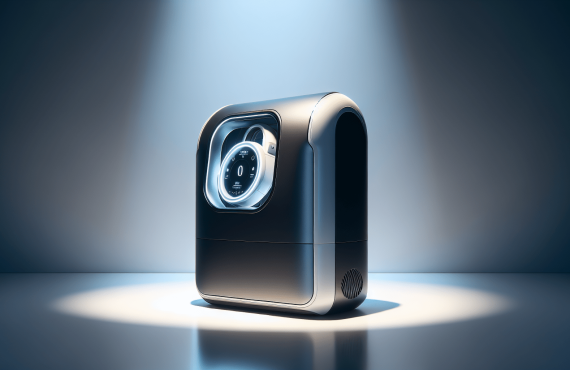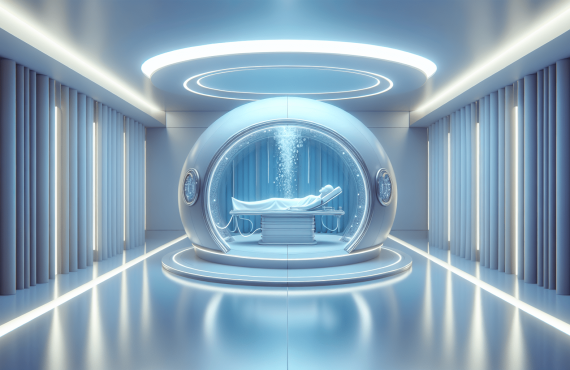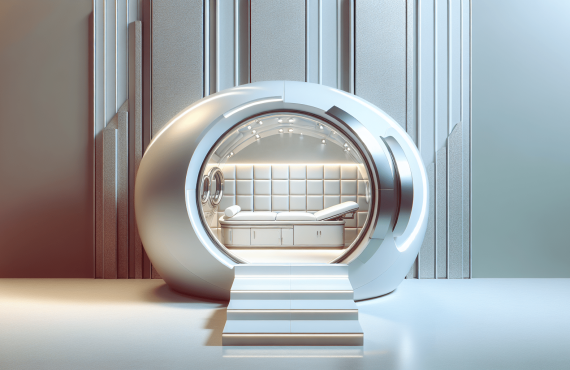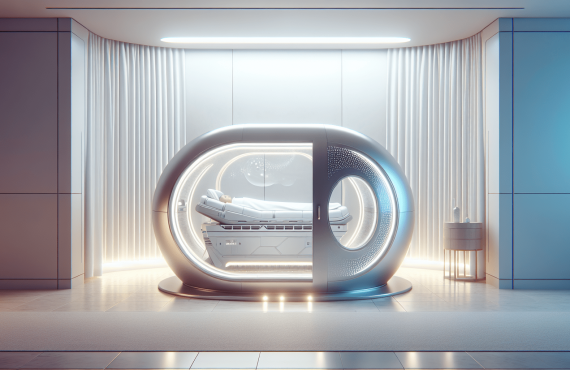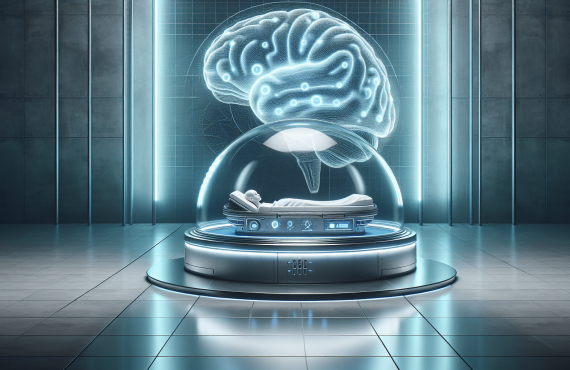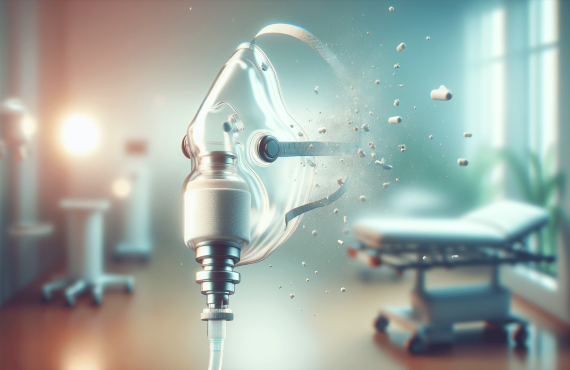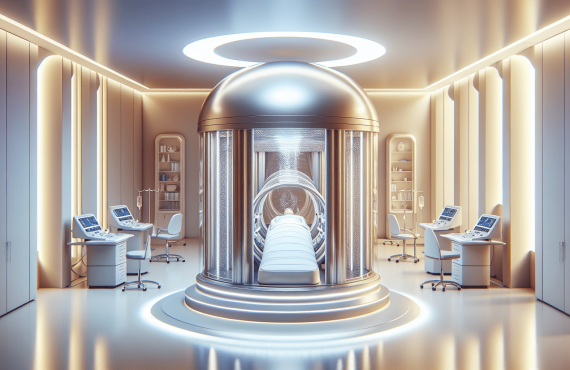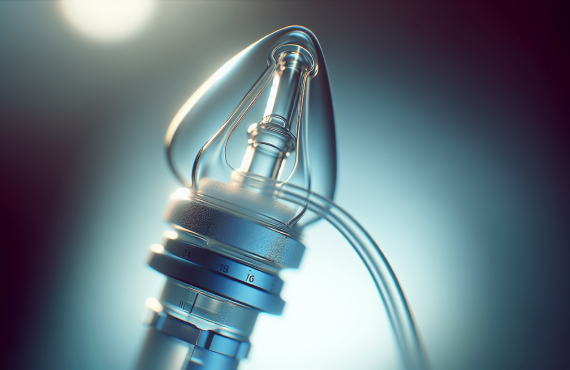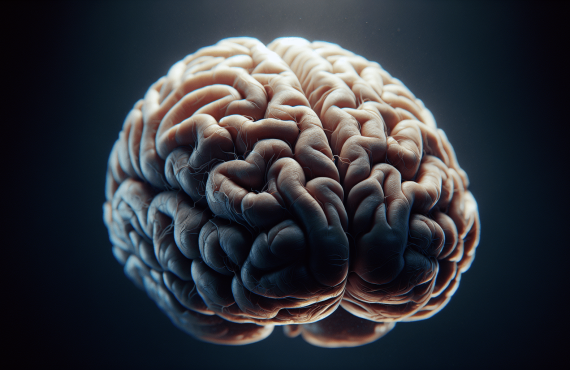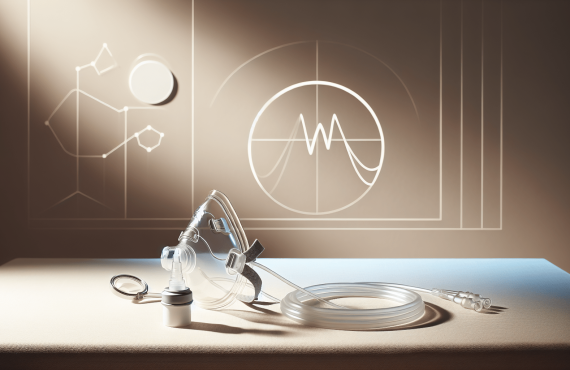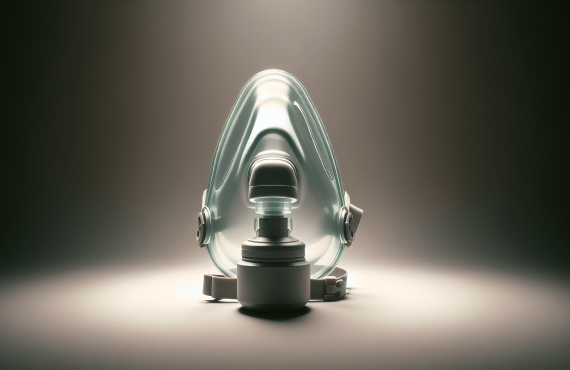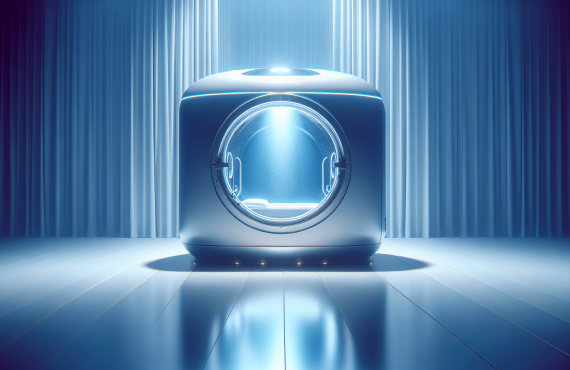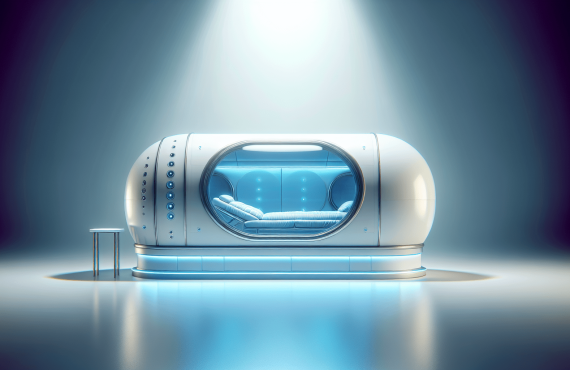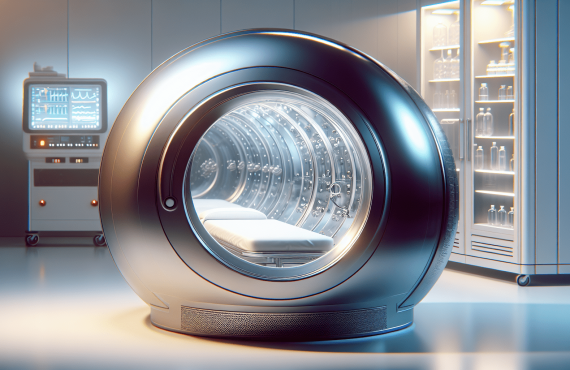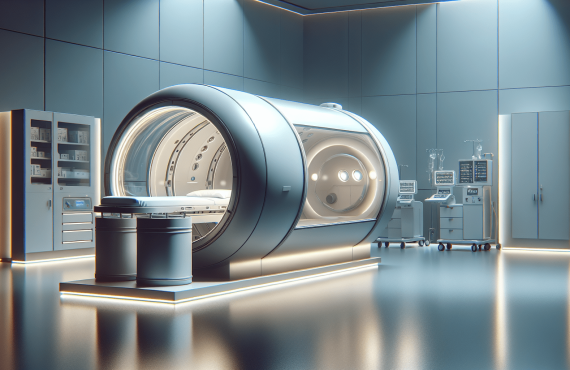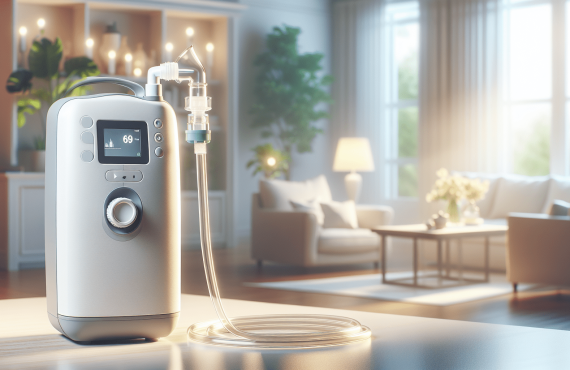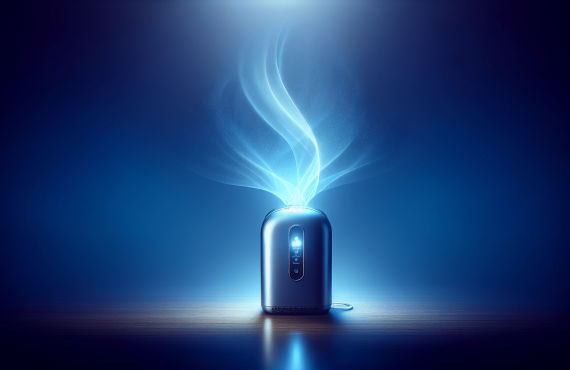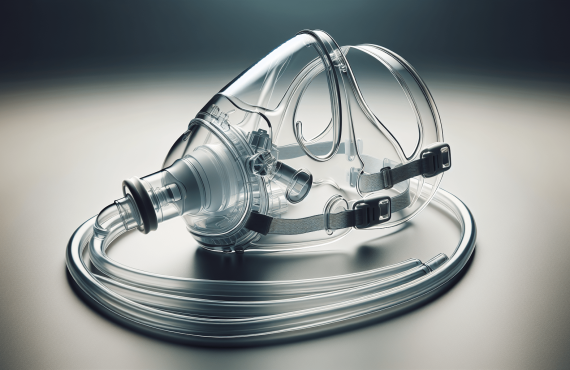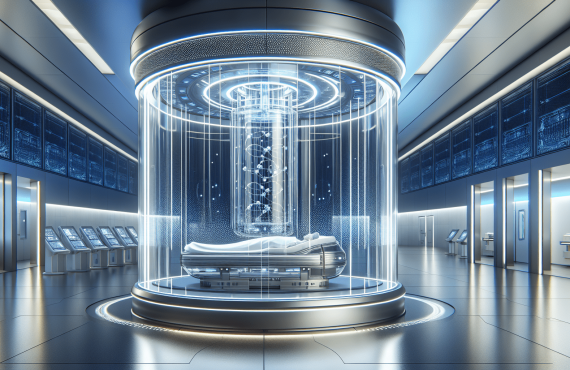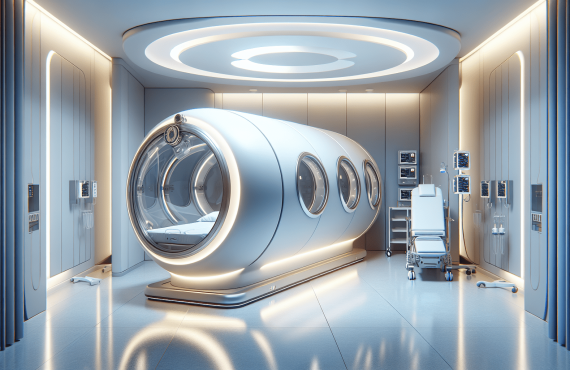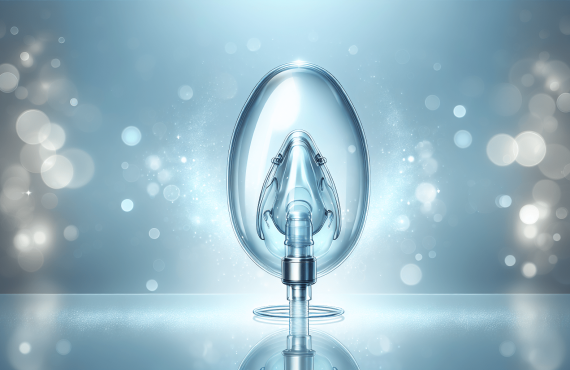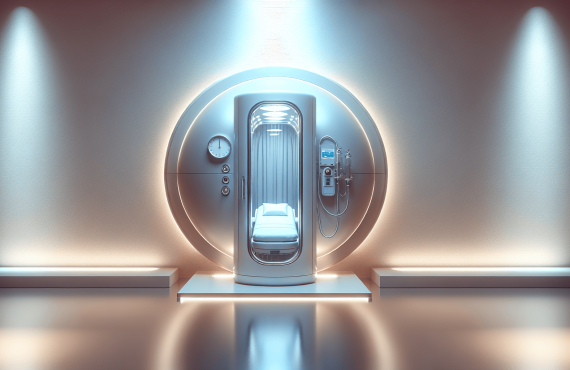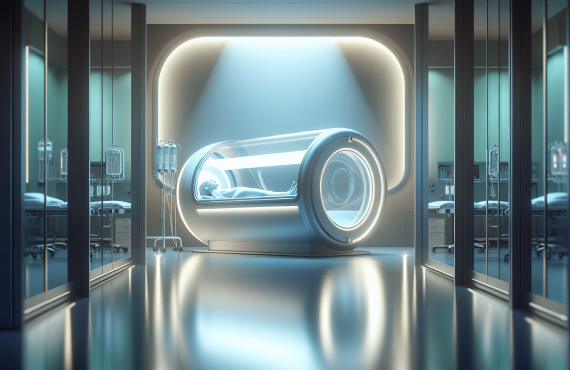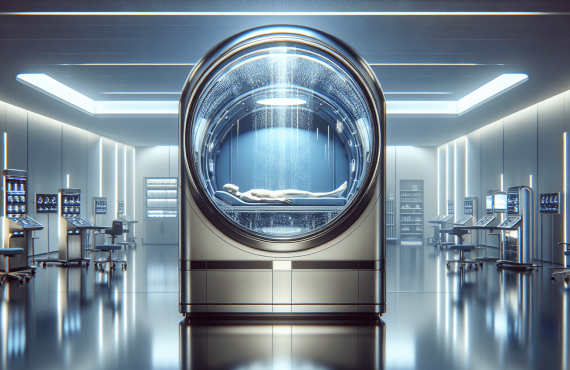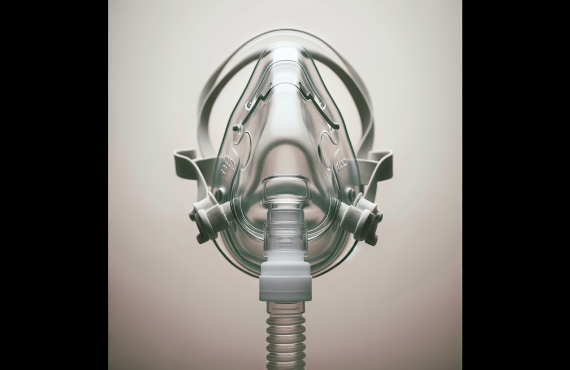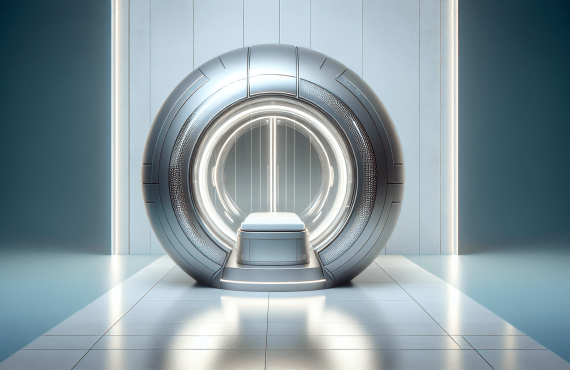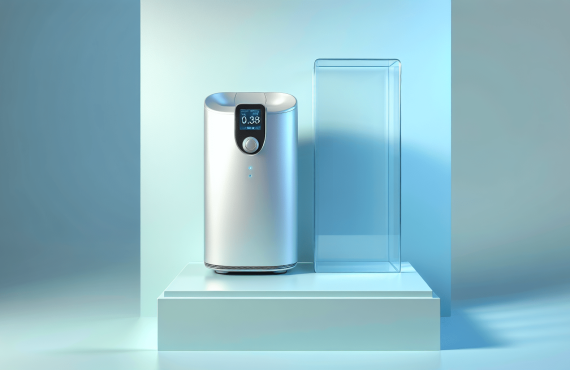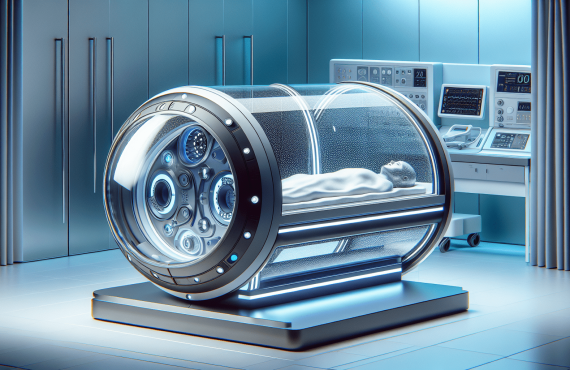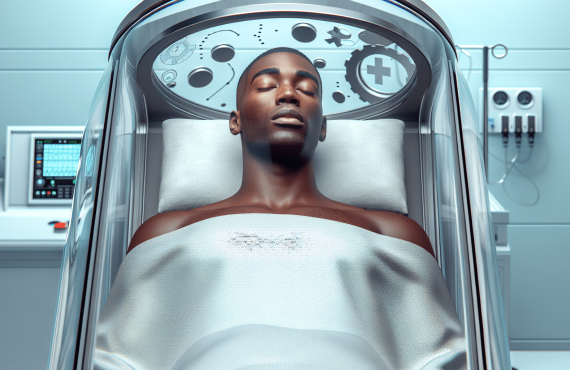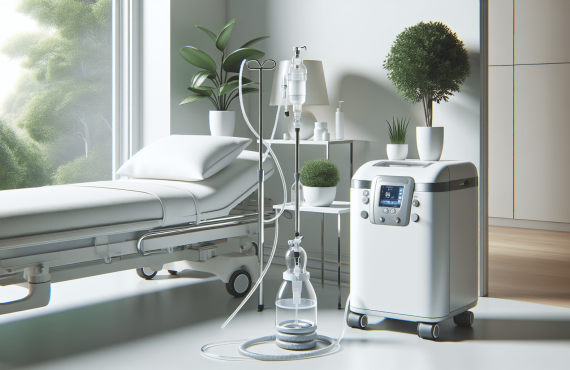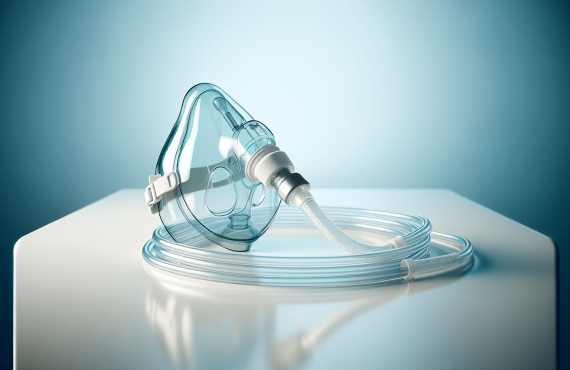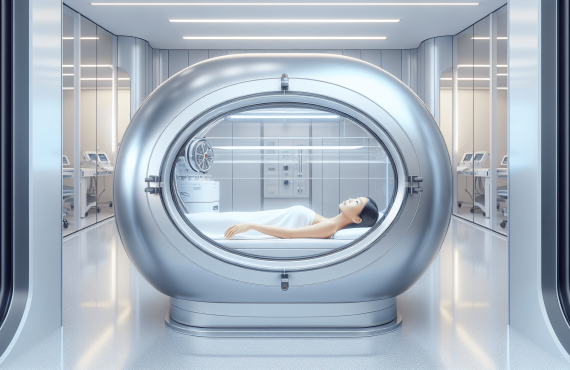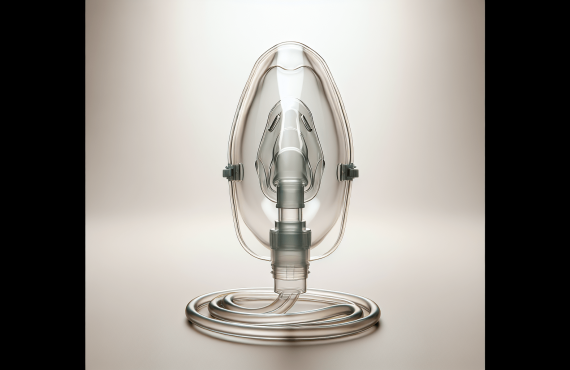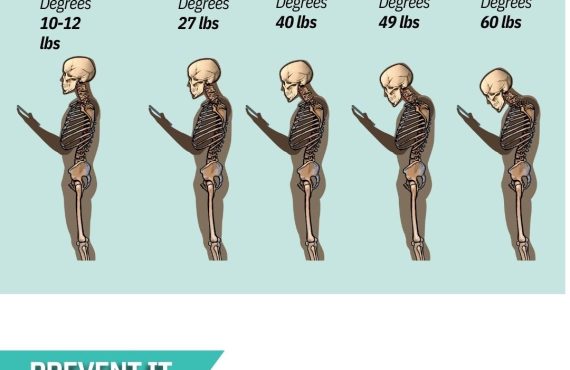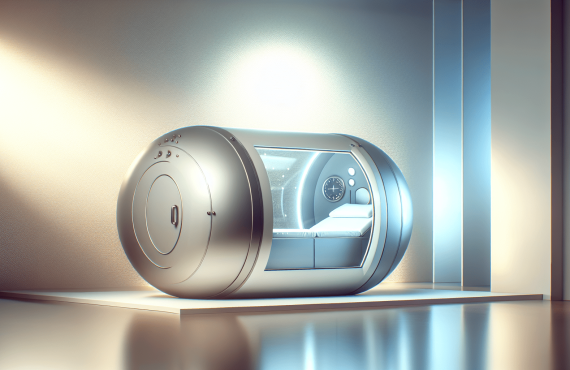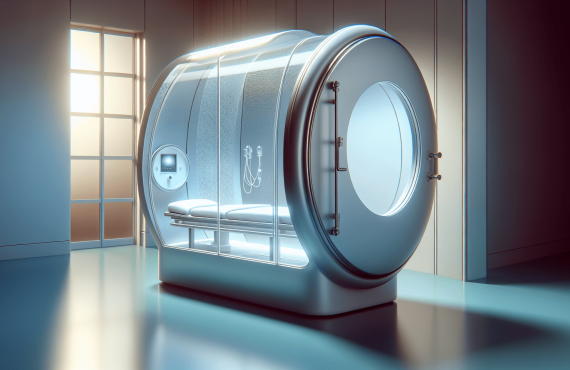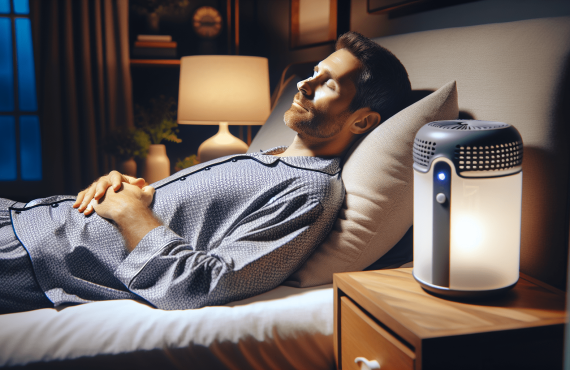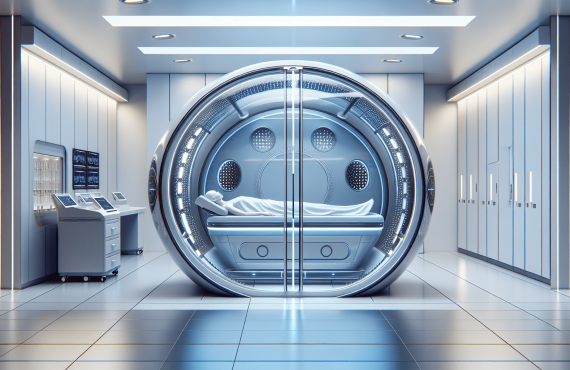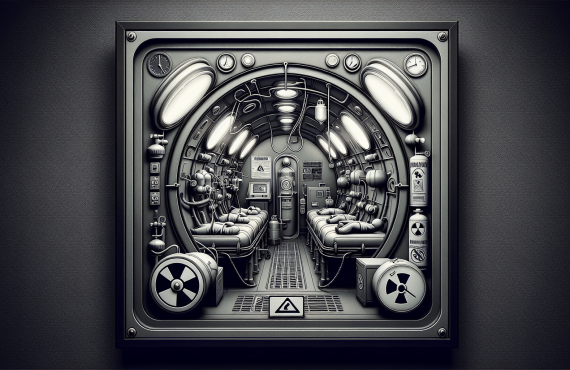Have you ever wondered if a hyperbaric chamber could be beneficial for the brain? The concept might sound familiar if you’ve seen shows about athletes using advanced therapy to aid recovery. However, you might not be aware of the science behind it, especially in relation to brain health. Let’s delve into the essentials of hyperbaric therapy and its potential impact on your brain in a straightforward, friendly manner.

Table of Contents
What is a Hyperbaric Chamber?
A hyperbaric chamber is a sealed environment where you can breathe pure oxygen at higher-than-normal air pressure. This method increases the amount of oxygen your lungs can receive, which is then transported throughout your body. The chamber is used for a therapy called hyperbaric oxygen therapy (HBOT), often associated with treating conditions like decompression sickness in divers. However, its applications extend beyond just aquatic mishaps.
How Hyperbaric Therapy Works
Under typical conditions, breathing sends oxygen into your bloodstream. But when you’re in a hyperbaric chamber, the pressure increases, allowing even more oxygen to dissolve into your plasma. Think of it as adding sugar to a cup of tea. The higher the pressure, the more dissolves, and suddenly your tea—or in this case, your blood—is much sweeter. This fundamental characteristic of HBOT means your tissues get access to more oxygen than usual, which can aid in healing and rejuvenation.
Potential Benefits for the Brain
The brain is an oxygen-hungry organ. That’s why you often hear about concussions and strokes being such emergencies—they restrict this vital supply. Now, imagine pumping extra oxygen into a brain that’s depleted. This could, theoretically, help repair brain cells, improve blood flow, and reduce inflammation. These benefits are at the heart of why HBOT is being evaluated for brain-related conditions.
Conditions Hyperbaric Oxygen Therapy Can Help
It’s not just divers who need this therapy. People with certain medical conditions may also find HBOT helpful. Let’s take a closer look at some of these conditions.
Traumatic Brain Injury (TBI)
TBI occurs when a sudden trauma causes damage to the brain. HBOT can accelerate recovery by enhancing oxygen levels, reducing inflammation, and promoting the repair of brain cells. Several studies are exploring its effectiveness for TBI patients, with some promising results indicating improved cognitive function and mood after treatment.
Stroke Recovery
A stroke interrupts blood flow to the brain, cutting off oxygen supply, which can lead to brain damage. By delivering high doses of oxygen, HBOT aims to ‘wake up’ dormant cells that weren’t fully damaged. Some trials suggest that repetitive sessions may improve neurological function and physical capabilities in stroke victims.
Alzheimer’s and Dementia
While research in this area is still in its early stages, some scientists believe HBOT could be a tool to slow the progression of cognitive diseases like Alzheimer’s. The therapy’s ability to improve circulation and bolster brain health makes it an appealing avenue for further investigation.
Multiple Sclerosis (MS)
MS is an autoimmune disease that can damage the brain and spinal cord. Although there’s no cure, HBOT has been explored as a method to alleviate symptoms. Increased oxygenation can help reduce inflammation and fatigue, potentially improving quality of life for those with MS.
How Safe is Hyperbaric Oxygen Therapy?
While HBOT is generally considered safe, it’s not without risks. Let’s discuss some of these, along with measures to mitigate them.
Potential Side Effects
A few potential side effects include ear discomfort due to pressure changes, temporary vision changes, and in rare cases, oxygen toxicity, where too much oxygen can be harmful. Your hyperbaric therapist will ensure the pressure is adjusted correctly to minimize these risks and make the experience comfortable.
Who Should Avoid HBOT?
Not everyone is an ideal candidate for HBOT. People with specific lung conditions or those who have recently undergone ear surgery may need to avoid this therapy. It’s always best to consult with a healthcare provider to determine if HBOT is appropriate for you.
Using Hyperbaric Therapy: What to Expect?
Your journey through a hyperbaric session begins with uncertainty, much like opening the mystery door on a game show. To help you feel more at ease, let’s break down what you can expect during a typical session.
Preparing for Your Session
Before stepping into a hyperbaric chamber, you’ll need a brief medical evaluation to ensure it’s safe. You’ll be advised to wear comfortable clothing. Avoiding any flammable materials (like hairspray or makeup) is crucial for safety.
Inside the Chamber
Once inside, as pressure builds, you might feel pressure in your ears—similar to taking off in an airplane. Simply swallowing or yawning can relieve this sensation. Then it’s just a matter of relaxing with a book, meditating, or even catching up on some much-needed napping.
Duration and Frequency
Sessions can last between one to two hours. Depending on your condition, a series of treatments might be recommended. While some see benefits after a single session, chronic conditions might require a dozen or more for optimal results.

Where to Get Hyperbaric Therapy
If you’re in the Pensacola area, Henry Chiropractic might be the perfect place to explore HBOT. They offer personalized care and have chiropractors experienced with patients needing an extra oxygen boost.
Henry Chiropractic
1823 N 9th Ave
Pensacola, FL 32503
(850) 435-7777
Visit website
Dr. Craig Henry and Dr. Aaron Hixon are dedicated to improving health in all areas of life, from spine adjustments to ethical chiropractic care. With their knowledge and compassion, you’ll feel in safe hands.
FAQ
How many sessions do I need to see improvements?
The number of sessions required can vary greatly depending on the condition being treated. Acute conditions might see quicker results, while chronic issues may need more frequent sessions over a longer period.
Can hyperbaric therapy cure my condition?
While HBOT can significantly aid in managing symptoms and enhancing recovery, it’s not a standalone cure. It works best as part of a comprehensive treatment plan guided by healthcare professionals.
Is it covered by insurance?
Insurance coverage varies widely. Some insurers may cover HBOT for conditions like carbon monoxide poisoning or decompression sickness but not for other uses such as stroke recovery or Alzheimer’s. It’s best to check with your provider.
Are there specific age restrictions?
Generally, HBOT is safe for most age groups, from kids to seniors. However, it’s crucial to have a healthcare provider evaluate each case individually.
What can I do if I experience side effects?
Most side effects are minor, but it’s best to communicate any discomfort to your practitioner immediately. Adjustments to pressure or breaks between sessions often alleviate these issues.
Hyperbaric therapy could be a powerful tool in boosting brain health. As research continues, we may learn more about its full potential. Whether you’re seeking relief from a condition or simply wish to understand cutting-edge therapies, your journey can start with a simple question and an open mind.


